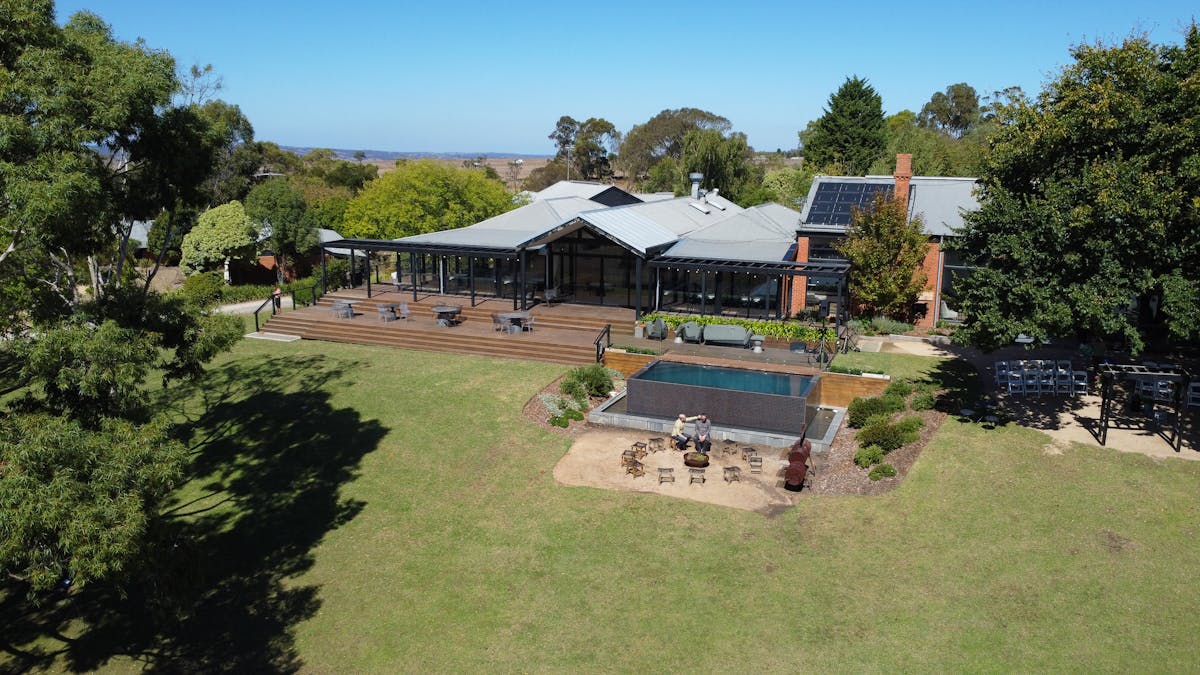Blog
Everything Know About Property Maintenance Schedules

A property maintenance schedule is a complete plan detailing the consistent maintenance and care needed to keep a property in its best shape. Whether your real estate investments are owned by you, a landlord, a homeowner, or a property manager, maintaining their value and use depends on a well-organized maintenance plan.
The significance of Maintenance for Property Owners
For various reasons, homeowners must have a schedule for building maintenance. By providing regular upkeep, avoiding costly fixes by taking care of small issues soon, and guaranteeing safety by spotting potential hazards, it helps maintain the property’s value. Additionally, a well-kept home draws in excellent renters, increasing tenant satisfaction and ensuring steady rental income. A maintenance program also makes it possible to plan ahead and to allocate funds and resources more effectively.
Property Maintenance Categories

For a complete schedule, a variety of property care tasks are necessary.
To avoid problems, routine maintenance entails performing regular tasks at predetermined times.
The goal of regular upkeep is to preserve the building’s structure and take proactive measures to avert possible problems.
Corrective maintenance fixes current problems to enhance the property’s use.
While emergency maintenance deals with immediate repairs required because of system faults or safety issues.
Interactive unplanned maintenance focuses on promptly responding to non-emergency requests.
Components of an Effective Maintenance Schedule
An effective property maintenance schedule should include:
| Component | Description |
|---|
| Asset Inventory | List of all property components needing maintenance. |
| Maintenance Prioritization | Identify critical assets based on tenant comfort, safety, and failure risk. |
| Maintenance Intervals | Set frequencies for inspections, repairs, and replacements. |
| Task Descriptions | Clear details of each maintenance task to be done. |
| Resource Allocation | Assign responsibilities and necessary resources for each task. |
| Documentation | Keep records of all maintenance activities performed. |
How to Create a Customized Maintenance Schedule
Developing a tailored maintenance schedule involves several steps:
- Assess Your Property’s Specific Needs: Conduct a thorough evaluation of your property’s unique features and requirements.
- Incorporate Seasonal Tasks: Include maintenance activities that address seasonal changes and weather-related issues.
- Establish Regular Inspection Routines: Schedule frequent inspections to identify potential problems early.
- Create an Annual Overview: Start with a yearly plan that outlines all required maintenance activities.
- Break Down Tasks by Season: Develop separate lists for spring, summer, fall, and winter maintenance tasks.
- Plan for Costs: Estimate and budget for the expenses associated with each maintenance task.
- Use Digital Tools: Consider implementing property management software to streamline scheduling and tracking.
Real Estate Success and Retirement Property Investments

A clean property portfolio may be a very effective vehicle for creating wealth and guaranteeing a nice retirement. Property investment lets one use borrowed money to increase capital gains, maybe surpassing more conventional savings strategies. Many investors create a portfolio of properties intending to sell some after retirement, leaving a debt-free portfolio producing rental income.
- Property, though, is a long-term investment and calls for careful planning and management.
- Although retirees should think about diversifying their investments to balance growth assets like property with income-generating assets for a consistent retirement income stream, even if it can be a great wealth-building strategy.
Final Thoughts
Maintaining the value, utility, and charm of your residential interests requires thorough property care in everyday life. By knowing various kinds of maintenance, developing an individual schedule, and following best practices, property owners can ensure their assets stay in optimal shape. Success over the long run in real estate requires smart maintenance, whether you’re managing a property portfolio or accumulating wealth for retirement.
